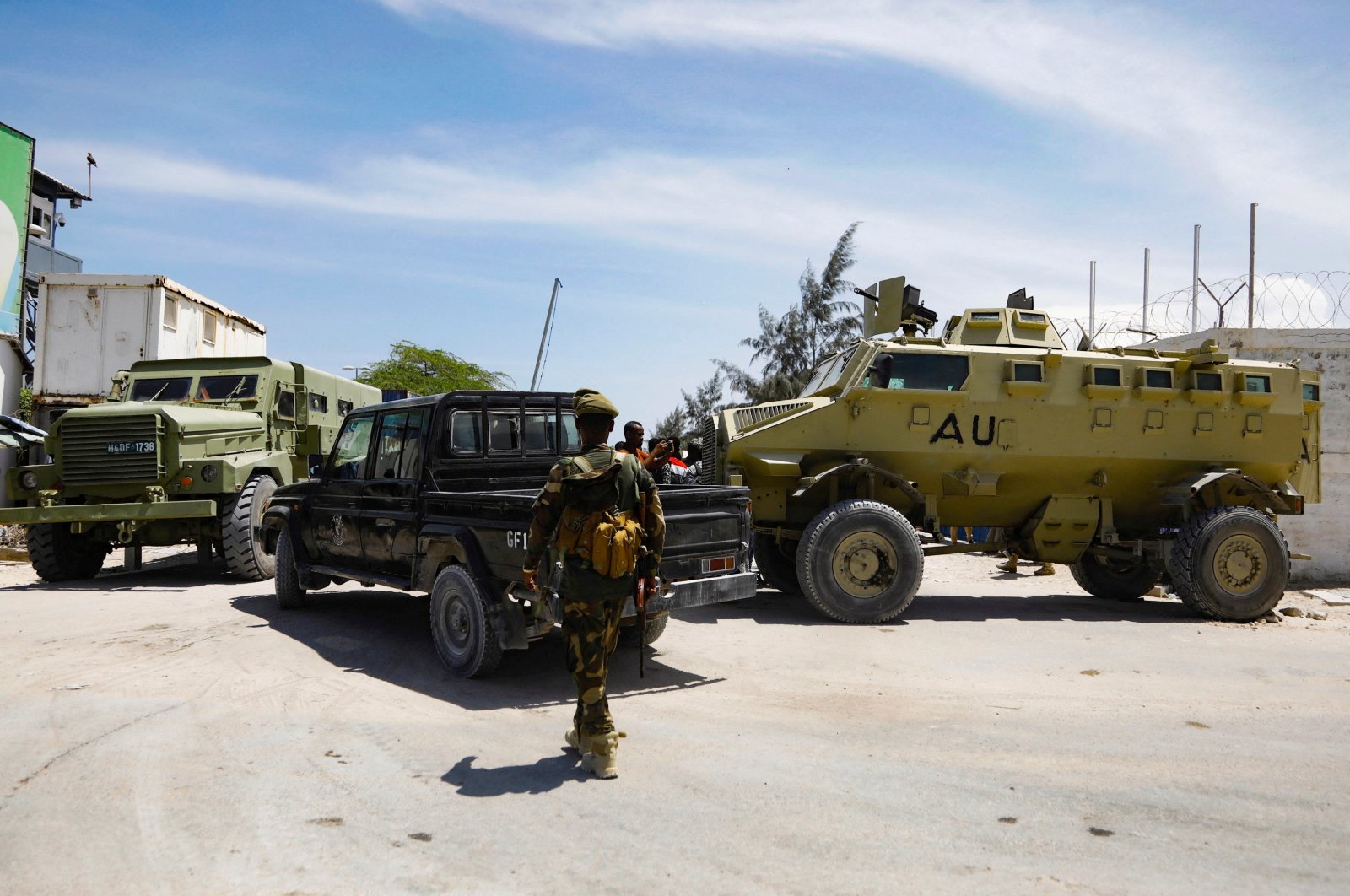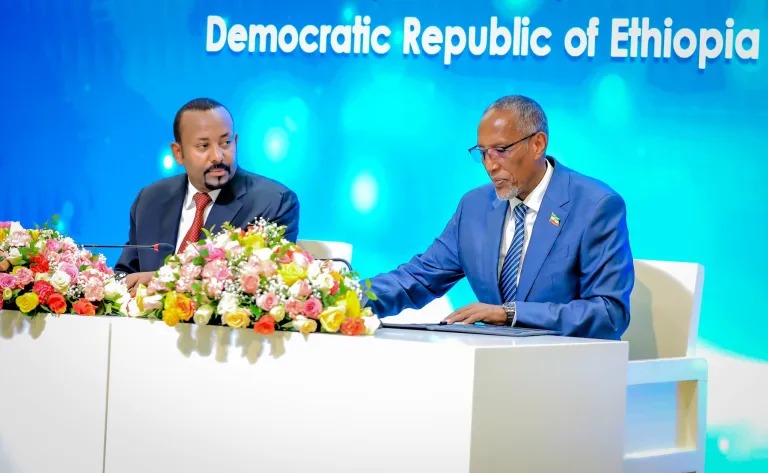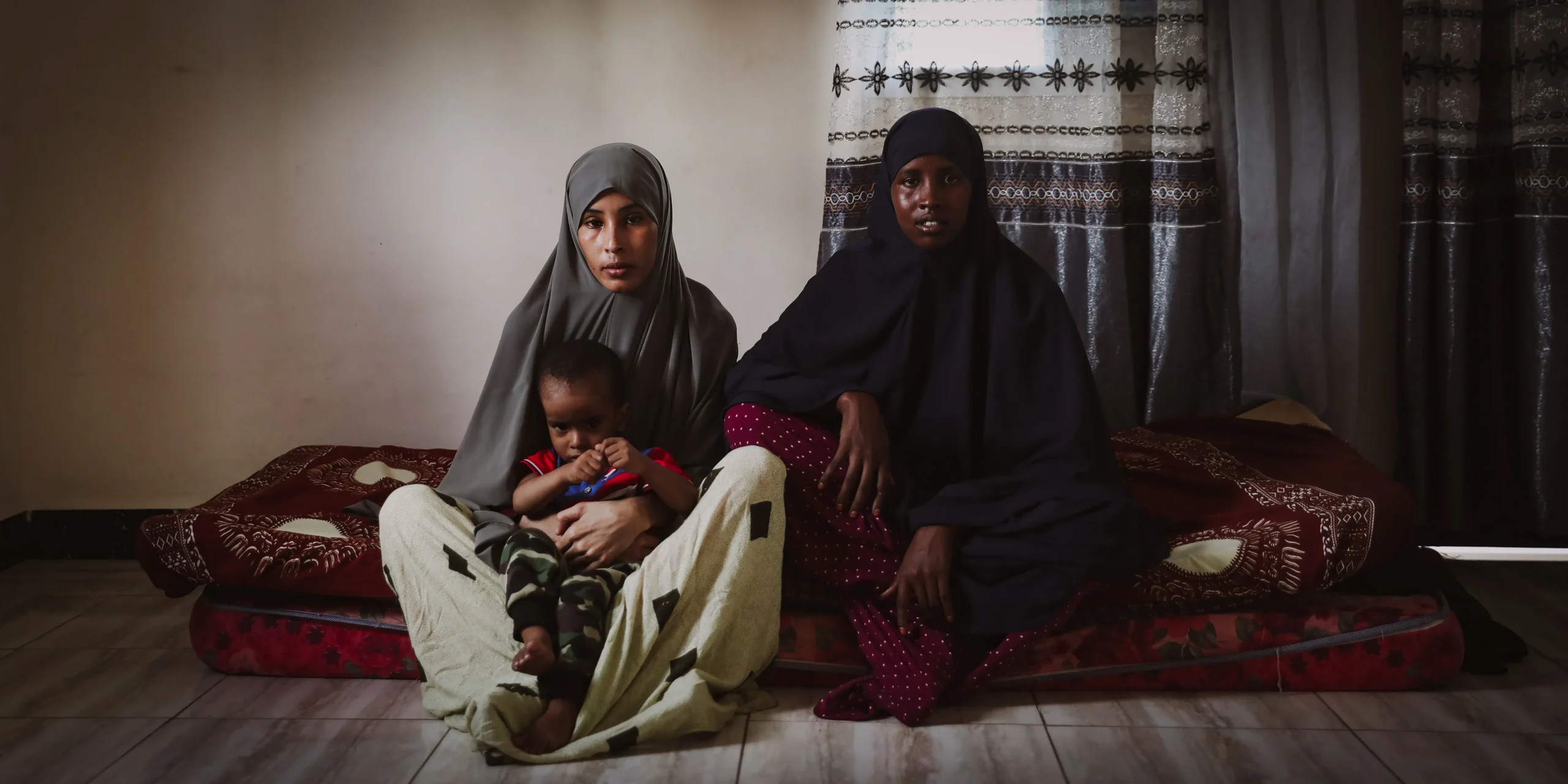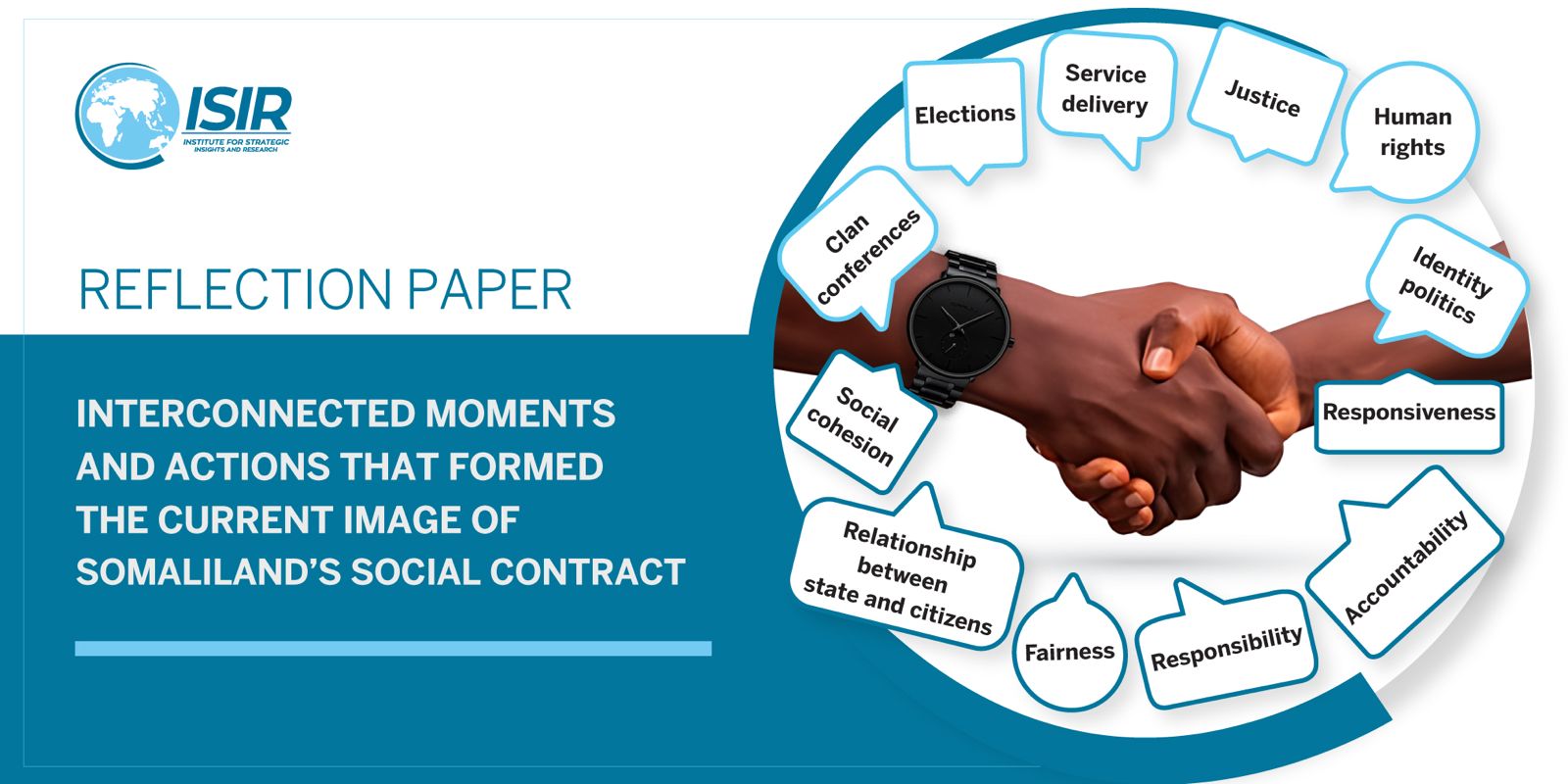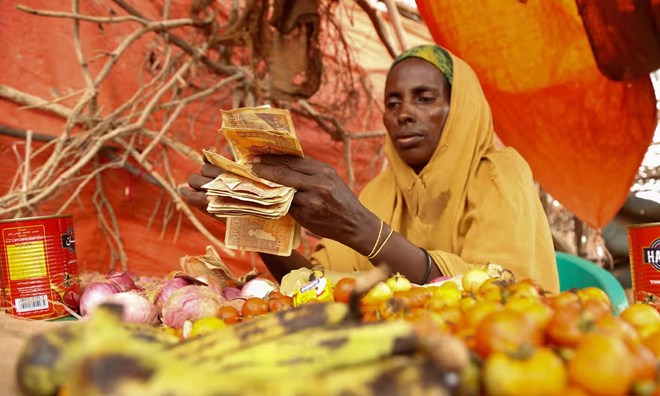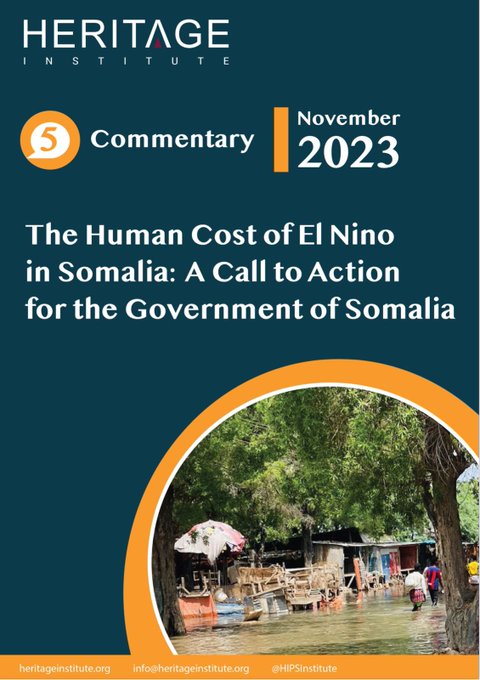Although Amartya Sen draws a link between the prevalence of injustice and poverty. Sen instead emphasizes the necessity of taking decisive action to combat poverty and insecurity in order to raise standards of living and promote peaceful coexistence. Such direct actions, he contends, can both address human needs and capabilities in the short term and aid in the long-term eradication of structural social injustice. For instance, we could begin by feeding, rescuing, caring for, immunizing, and educating people before engaging in any other forms of social work.
Sen believes that simply transferring wealth from the affluent to the less fortunate members of society is insufficient. Giving people the skills and opportunities they need to become engaged citizens who can take part in and contribute to social activities is also a moral obligation. Clearly, being poor involves more than just having limited access to food; it also affects a person’s ability to maintain their integrity and dignity. Similar to how poverty and insecurity work together to limit people’s ability to participate fully in society.
The Somali case, more so than others, demonstrates the connection between insecurity and extreme poverty. One of the world’s poorest and least secure nations is the one in the Horn of Africa. The mismanagement of the political economy for decades remained the primary cause of excessive violence and poverty, while religious and cultural differences had less significance until recently. People eventually failed to perform, participate, or make a positive contribution to society as a result of poor leadership and egregious mismanagement by the dominant political system, which paid no attention to fostering human capabilities.
For centuries, Somalis combined Islamic justice with customary law (xeer) (sharia). Traditional elders and religious leaders (ulima) played important sociopolitical, judicial, and cultural roles in structuring and upholding order in society under these systems. However, when exposed to complex urban environments and novel social and economic formations, the traditional systems encountered difficulties. Further, by marginalizing the indigenous sociocultural structure, colonialism, along with modernization initiatives inspired by the West, clearly disrupted the pattern of social justice.
At the beginning of the 20th century, one of the first political and legal clashes between the two competing systems took place when the illustrious Mohamed Abdullah Hassan resisted British attempts to impose their own legal system unilaterally in the port city of Berbera. Like many other Somalis, they saw it as unfair to be loyal to the colonial government’s formal border checks, cumbersome registration process, and tax collection system. They claimed that because the British entered the country without authorization, they should be taxed. The resistance movements fought back against colonial encroachment with local customs and beliefs that were opposed to Western modernization. The colonialists, on the other hand, thought that by saving underdeveloped people from enduring perpetual backwardness, they were advancing “global justice.”
The pursuit of “fair justice,” despite the fact that it often seems elusive, still represents the pinnacle of a balanced and prosperous humanity. The process of civic mobilization currently presents the best choice for a society where “lesser” citizens experience hunger and repression. The bottom-up mobilization takes into account the struggles and aspirations for justice of regular people. But in order to carry out justice, power continues to be essential. If legitimate power is used to enhance citizens’ well-being, it will reduce the fear of abuse of power and encourage cooperation with governing institutions. If, on the other hand, centralized power is manipulated to undermine the well-being and dignity of citizens, then people will lose respect for this power, withdraw their legitimation of it, and even seek to take over, just to avoid injustice and inhuman treatment.
The main humanitarian obstacle to development in Somalis are poverty, along with food scarcity and insecurity. The suffering has not been entirely the Somali people’s fault. Even though the old systems of strategic planning, wealth distribution, and conflict management had flaws, colonial governments’ erosion of them and economic restructuring led to new vulnerabilities at the subsistence level. In order to deviate from the society’s traditional path and create a society that could adapt to the colonial sociopolitical hegemony, European powers introduced modernization strategies. Even though they emphasized nationalism and indigenization in their rhetoric, subsequent postcolonial structures—whether the semi-democratic regime or its military successors—moved forward with modernization procedures in practice. The failures of development were a result of both the geopolitical priorities of the Cold War and the absence of committed leadership.
The Somali community did not receive an administration that could meet their needs with an equitable distribution of resources and justice, but instead, each leader gave more national resources to his subclan in order for that subclan to support him and fight for him. As a result, there was widespread national unrest, which was brought on by the protracted civil war in both Somaliland and the other federal members of Somalia.
But there isn’t just one straight line connecting poverty and access to justice. The study’s findings reveal a picture that is much more complex and layered. Legal issues are seen as having a greater impact on poor people. The formal and informal justice systems are having a hard time solving important issues at the same time. The non-poor have easier access to institutional sources of legal knowledge and counsel when trying to solve a problem. The poor, on the other hand, primarily rely on the people in their social environment for information. Less wealthy people have access to formal legal systems for dispute resolution. The combined impact of these and other latent mechanisms leads to noticeably worse outcomes for the poor when they seek justice. Although poverty itself does not cause more legal issues, it does create mechanisms through which the poor consistently experience worse justice outcomes. When people assess the effectiveness of the procedures, the effectiveness of the results, and the expense of justice, poverty does not play an independent role. The problem’s effects and the legal dispute resolution procedures are more important.
About the author;
Mousse Abdi Mohamoud
Developmental Economist and Political commentator
Email: muuze438@yahoo.com
Categories: Opinion








